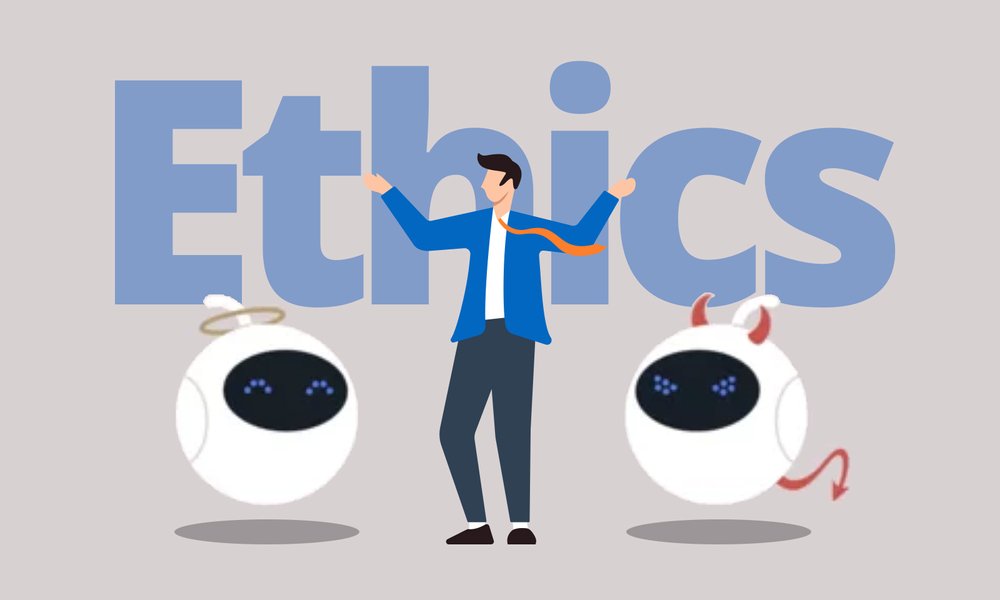Why Sustainability Is a Must-Do and Not a ‘Nice-to-Have’

When you hear the word “sustainability,” it’s no longer just a feel-good concept or a badge of virtue. It’s a necessity, woven into every aspect of our lives, from the way businesses operate to the choices consumers make. The truth is, sustainability is no longer optional. It’s a must-do, not a nice-to-have.
Here’s why this shift is critical for the planet, businesses, and future generations.
The Planet’s Breaking Point
Climate change and environmental degradation are no longer distant threats. Record-breaking heatwaves, deadly wildfires, rising sea levels, and intensified storms are reminders that the Earth’s ecosystems are at a tipping point. According to scientists, we have less than a decade to significantly reduce carbon emissions and prevent irreversible damage to the planet.
Sustainability directly addresses these challenges. It encourages the use of renewable resources, reduces waste, and prioritizes practices that minimize harm to the environment. For instance, substituting fossil fuels with green energy like solar and wind reduces greenhouse gas emissions and slows down global warming. Without sustainability at the core of our decisions, the environmental cost could be catastrophic.
Economic Benefits for Businesses
The idea that sustainability is expensive is outdated. Businesses that prioritize sustainability are thriving, not just surviving. Companies like Amazon, Tesla, and Patagonia have embedded sustainability into their brand DNA, reaping both reputational and financial rewards.
Consumers today actively seek eco-friendly products, often being willing to pay a premium for them. According to a survey, 77% of Americans say they are concerned about the environmental impact of products, and they expect brands to take responsibility for their practices.
Sustainability is also an opportunity for cost savings. Switching to energy-efficient processes or recycling programs can lower operational expenses while reducing waste. It’s no longer just about doing the right thing, it’s about smart business strategies that prepare companies for a resource-scarce future.
Consumer Demand for Responsibility
Modern consumers, especially millennials and Gen Z, are increasingly vocal about the need for businesses and governments to take meaningful action for the environment. Whether they’re choosing electric cars, reducing single-use plastics, or supporting brands that align with their values, people are demanding accountability. Sustainability is now a deciding factor for purchasing decisions and brand loyalty.
Ignoring this growing awareness isn’t just poor ethics, it’s bad business. Companies that fail to adopt sustainable practices risk losing market share and becoming irrelevant in a world that sees environmental responsibility as the standard.
Sustainability as a Long-Term Strategy
Sustainability isn’t just about cutting emissions or reducing waste. It’s about ensuring a livable future. When we prioritize sustainability, we’re investing in a world where clean air, drinkable water, and thriving ecosystems aren’t luxuries but guarantees. For businesses, it means surviving and thriving in a rapidly changing climate and consumer market, ensuring long-term relevance and profitability.
Conclusion
Ultimately, sustainability isn’t an option we can opt out of. It’s the foundation for a future in which both the planet and humanity can flourish. By treating it as a must-do, businesses, individuals, and governments can pave the way to a better tomorrow. The question isn’t why we should prioritize sustainability, but how quickly we can act before it’s too late.












